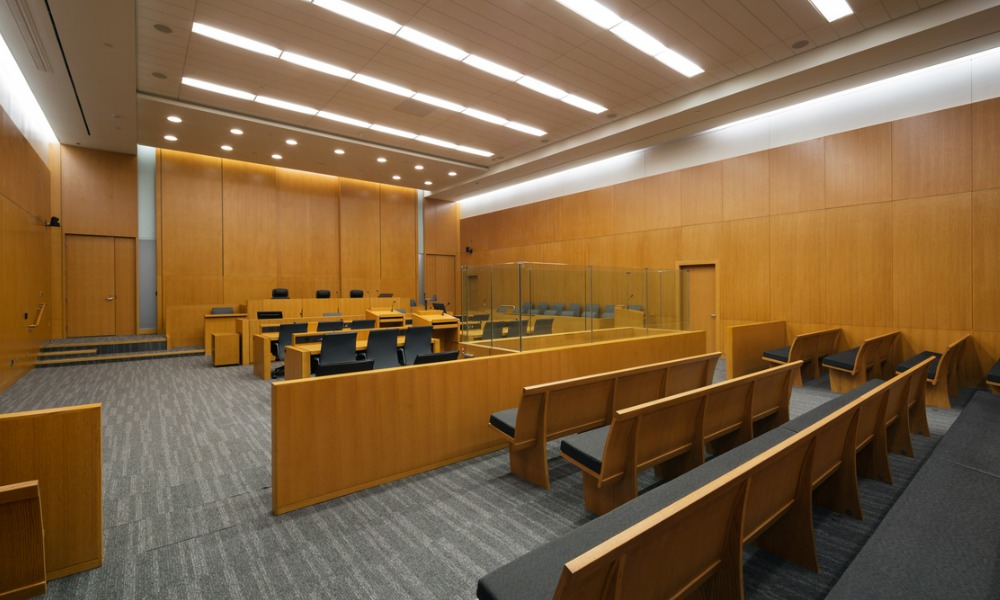Constructive dismissal action was based on same facts as complaint

The Ontario Human Rights Tribunal has dismissed a worker’s application alleging discrimination because the worker filed a civil claim for constructive dismissal arising out of the same facts.




